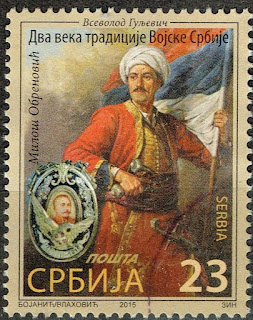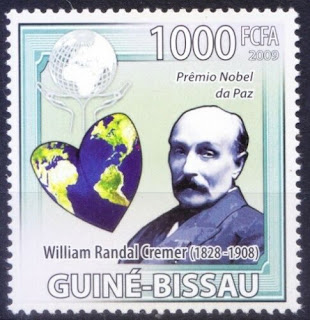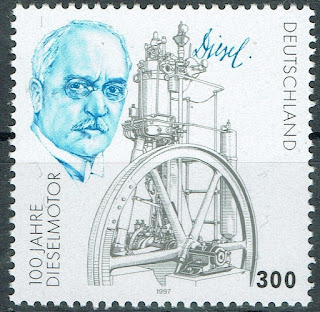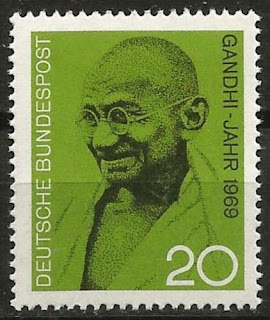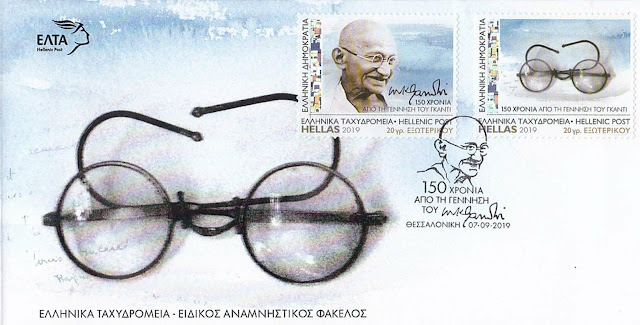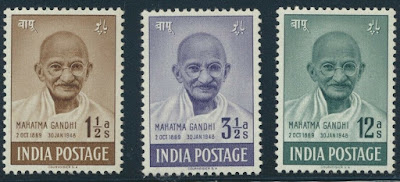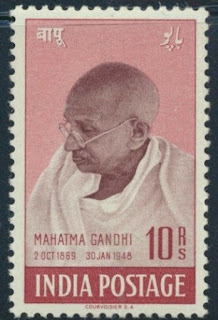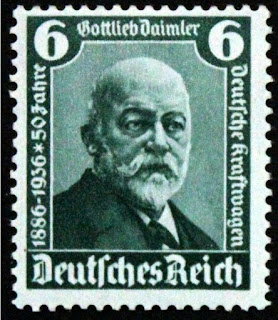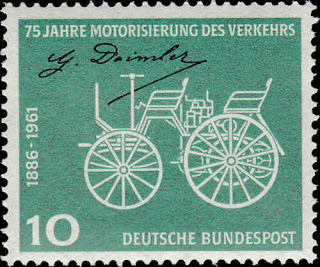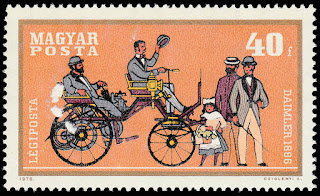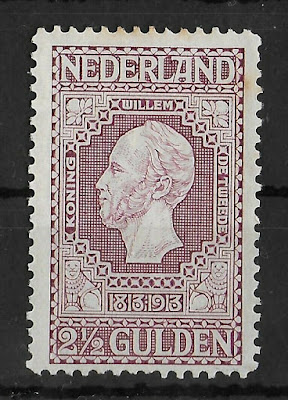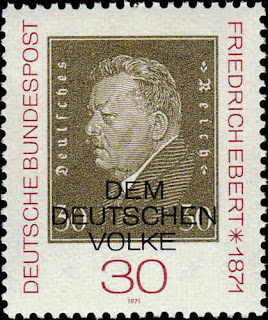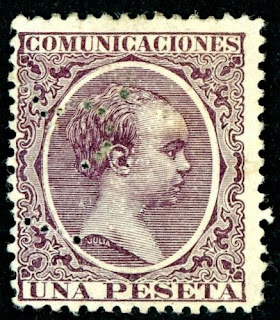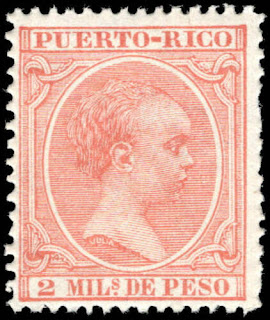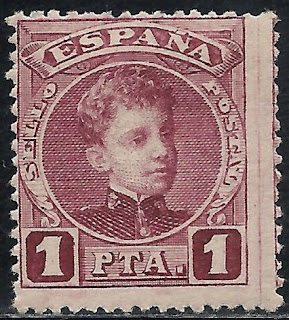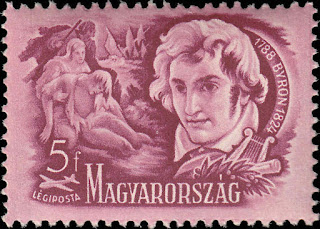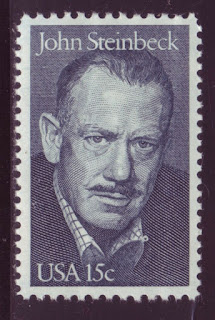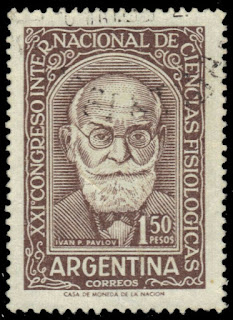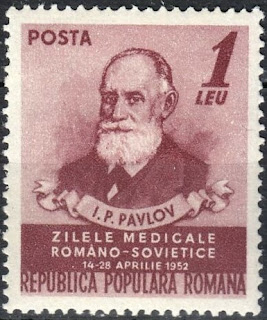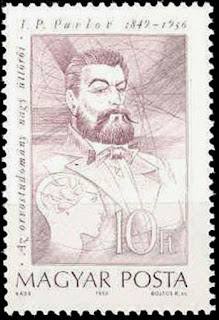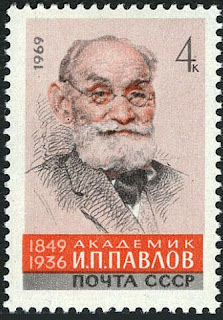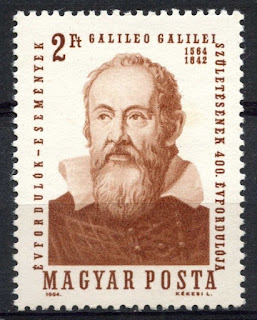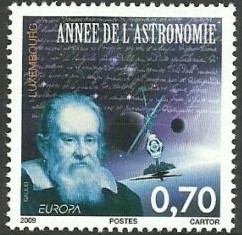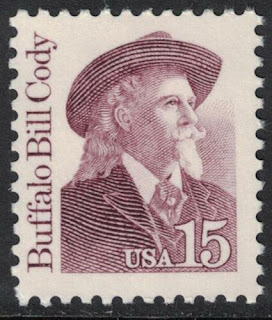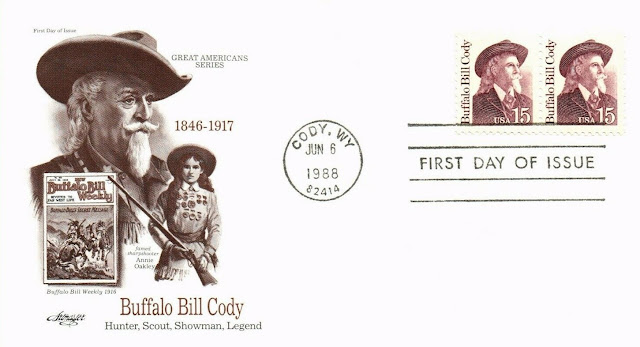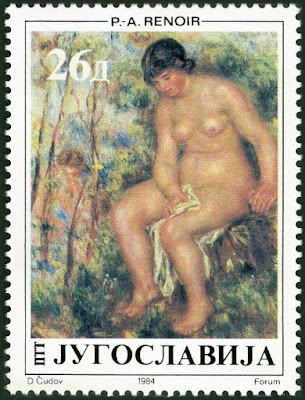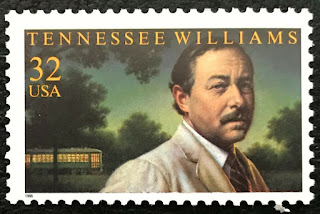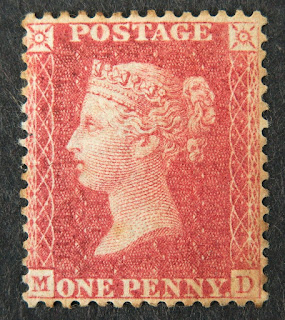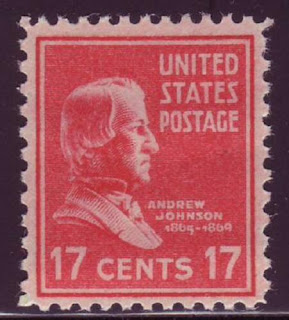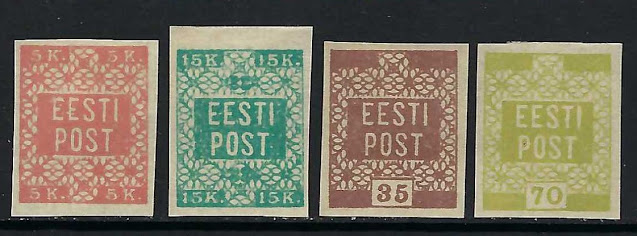Here are some events that happened on March 18th. It could be an event or a person that died or was born on that day
1780 Born: Miloš Obrenović, Serbian prince (d. 1860)
Prince Miloš Obrenović I of Serbia (18 March 1780 or 1783 – 26 September 1860) born Miloš Teodorović was Prince of Serbia from 1815 to 1839, and again from 1858 to 1860. He participated in the First Serbian uprising, led Serbs in the Second Serbian uprising, and founded the House of Obrenović. Under his rule, Serbia became an autonomous principality within the Ottoman Empire. Prince Miloš ruled autocratically, consistently refusing to share power, which generated strong domestic opposition. During his rule, Miloš I bought a number of estates and ships from Ottoman Turks and also became a prominent trader. He was the richest man in Serbia and one of the richest in the Balkans, with estates in Vienna, Serbia and Wallachia.
Serbian stamps depicting Miloš Obrenović
1828 Born: Randal Cremer, English activist and politician, Nobel Prize laureate (d. 1908)
Stamp issued by Guinea Bissau depicting Randal Cremer
1858 Born: Rudolf Diesel, German engineer, invented the Diesel engine (d. 1913)
Rudolf Christian Karl Diesel (18 March 1858 – 29 September 1913) was a German inventor and mechanical engineer, famous for the invention of the Diesel engine, and for his suspicious death at sea.
In early 1890, Diesel moved to Berlin with his wife and children, Rudolf Jr, Heddy, and Eugen, to assume management of Linde's corporate research and development department and to join several other corporate boards there. As he was not allowed to use the patents he developed while an employee of Linde's for his own purposes, he expanded beyond the field of refrigeration. He first worked with steam, his research into thermal efficiency and fuel efficiency leading him to build a steam engine using ammonia vapour. During tests, however, the engine exploded and almost killed him. His research into high compression cylinder pressures tested the strength of iron and steel cylinder heads. One exploded during a run in. He spent many months in a hospital, followed by health and eyesight problems.
Ever since attending lectures of Carl von Linde, Diesel intended designing an internal combustion engine that could approach the maximum theoretical thermal efficiency of the Carnot cycle. He worked on this idea for several years, and in 1892, he considered his theory to be completed. The same year, Diesel was given the German patent DRP 67207. In 1893, he published a treatise entitled Theory and Construction of a Rational Heat-engine to Replace the Steam Engine and The Combustion Engines Known Today, that he had been working on since early 1892. This treatise formed the basis for his work on and invention of the Diesel engine. By summer 1893, Diesel had realised that his initial theory was erroneous, which led him to file another patent application for the corrected theory in 1893.
Diesel understood thermodynamics and the theoretical and practical constraints on fuel efficiency. He knew that as much as 90% of the energy available in the fuel is wasted in a steam engine. His work in engine design was driven by the goal of much higher efficiency ratios. In his engine, fuel was injected at the end of the compression stroke and was ignited by the high temperature resulting from the compression. From 1893 to 1897, Heinrich von Buz, director of MAN SE in Augsburg, gave Rudolf Diesel the opportunity to test and develop his ideas.
The first successful Diesel engine ran in 1897 and is now on display at the German Technical Museum in Munich.
Rudolf Diesel obtained patents for his design in Germany and other countries, including the United States.
He was inducted into the Automotive Hall of Fame in 1978.
Stamps from Germany and Saarland depicting Diesel
1922 – In India, Mohandas Gandhi is sentenced to six years in prison for civil disobedience, of which he serves only two.
Mohandas Karamchand Gandhi (2 October 1869 – 30 January 1948) was an Indian lawyer, anti-colonial nationalist, and political ethicist, who employed nonviolent resistance to lead the successful campaign for India's independence from British Rule, and in turn inspire movements for civil rights and freedom across the world. The honorific Mahātmā (Sanskrit: "great-souled", "venerable"), first applied to him in 1914 in South Africa, is now used throughout the world.
Born and raised in a Hindu family in coastal Gujarat, western India, Gandhi was trained in law at the Inner Temple, London, and called to the bar at age 22 in June 1891. After two uncertain years in India, where he was unable to start a successful law practice, he moved to South Africa in 1893 to represent an Indian merchant in a lawsuit. He went on to stay for 21 years. It was in South Africa that Gandhi raised a family, and first employed nonviolent resistance in a campaign for civil rights. In 1915, aged 45, he returned to India. He set about organizing peasants, farmers, and urban laborers to protest against excessive land-tax and discrimination. Assuming leadership of the Indian National Congress in 1921, Gandhi led nationwide campaigns for easing poverty, expanding women's rights, building religious and ethnic amity, ending untouchability, and above all for achieving Swaraj or self-rule.
The same year Gandhi adopted the Indian loincloth, or short dhoti and, in the winter, a shawl, both woven with yarn hand-spun on a traditional Indian spinning wheel, or charkha, as a mark of identification with India's rural poor. Thereafter, he lived modestly in a self-sufficient residential community, ate simple vegetarian food, and undertook long fasts as a means of self-purification and political protest. Bringing anti-colonial nationalism to the common Indians, Gandhi led them in challenging the British-imposed salt tax with the 400 km (250 mi) Dandi Salt March in 1930, and later in calling for the British to Quit India in 1942. He was imprisoned for many years, upon many occasions, in both South Africa and India.
Gandhi's vision of an independent India based on religious pluralism was challenged in the early 1940s by a new Muslim nationalism which was demanding a separate Muslim homeland carved out of India. In August 1947, Britain granted independence, but the British Indian Empire was partitioned into two dominions, a Hindu-majority India and Muslim-majority Pakistan. As many displaced Hindus, Muslims, and Sikhs made their way to their new lands, religious violence broke out, especially in the Punjab and Bengal. Eschewing the official celebration of independence in Delhi, Gandhi visited the affected areas, attempting to provide solace. In the months following, he undertook several fasts unto death to stop religious violence. The last of these, undertaken on 12 January 1948 when he was 78, also had the indirect goal of pressuring India to pay out some cash assets owed to Pakistan. Some Indians thought Gandhi was too accommodating. Among them was Nathuram Godse, a Hindu nationalist, who assassinated Gandhi on 30 January 1948 by firing three bullets into his chest
Stamps from various countries depicting Gandhi
